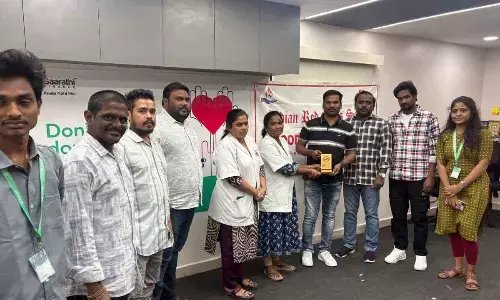How to deal with workplace stress

Today working women compose an increasingly large proportion of the workforce all over the globe.
Today working women compose an increasingly large proportion of the workforce all over the globe. Most of them having high risk from work-related stress disorders at the modern workplace.
The practical things that you do to mitigate your stress will vary according to its context, but, because your body doesn't care how the stress came about, there are several things you can do that will make you more stress-resilient no matter what the source of your stress happens to be.
Learning how to breathe:
When we are stressed, breathing tends to be more shallow. This reinforces the biochemical changes known as the "stress response". Breathing deeply and slowly shifts our biochemistry into a state known as the "relaxation response".
Simple, easy, discreet and free. You have to breathe anyway, so you may as well learn how to do it in a way that will reduce your stress.
Making sleep a priority:
The tempo of your body's hormonal symphony is set and regulated when you sleep. One of the main stress hormones, cortisol, has a daily rhythm of secretion that is impacted by the duration and quality of sleep.
Providing your body with a steady flow of high-quality fuel:
Fuel includes water, food and oxygen. When you start breathing deeply and exercising regularly, you will be meeting your body's oxygen needs.
One of the early signs of dehydration is fatigue, which lowers your resilience to stress.
Food that is minimally processed will provide what you need in nutrients, low glycemic foods are eaten as snacks and small meals every three hours will keep your blood sugar stable.
Moving more:
Make sure part of your commute to and from work involves some walking. Stand when you are on the phone.
Take the stairs as often as you can. Exercise and non-exercise activity improve stress-resilience by dissipating nervous energy and relieving muscle tension.

















